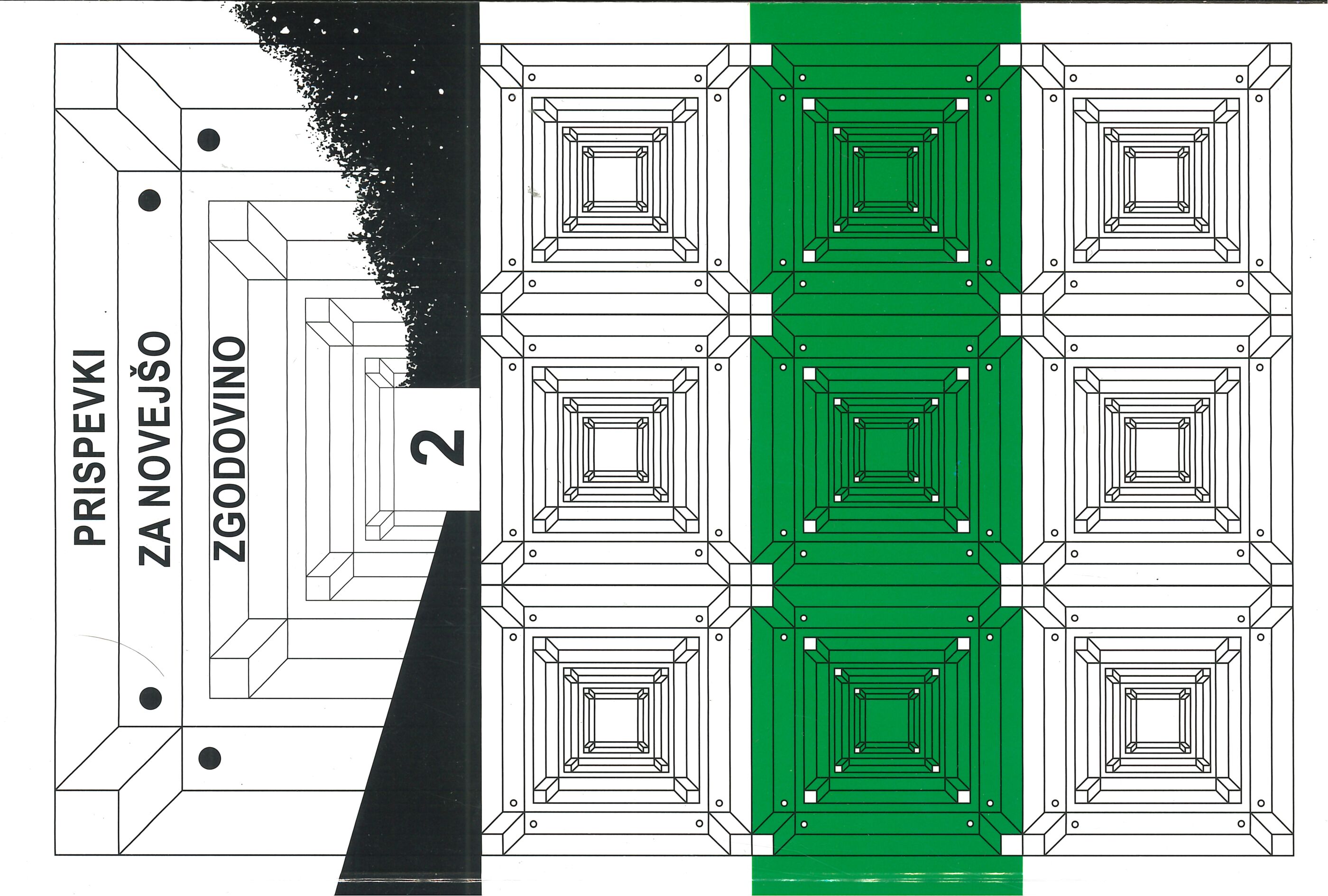Gospodarski in družbeni nazori v slovenskem naprednem taboru, 1930-35. II. del – idejnozgodovinski vidiki
DOI:
https://doi.org/10.51663/pnz.56.2.03Keywords:
liberalizem, napredni tabor, politična ekonomija, korporativizem, intelektualciAbstract
ECONOMIC AND SOCIAL VIEWS IN THE SLOVENE PROGRESSIVE CAMP, 1930–35. PART II – THE INTELLECTUAL HISTORICAL ASPECTS
In the period between 1933 and 1935 the ideas about an extended and stronger role of the state in the economic life were inrepressibly spreading throughout Yugoslavia and thus also among the politicians of the Slovene progressive camp. This fact was evident not only from the changed rhetoric, revealing a shift in the political-economic paradigm, but also from the programme documents of the Yugoslav National Party (JNS), which demonstrated a substantive deviation as well as a clear programmatic departure from the liberal principles of the socio-economic order. The aforelying second part of the treatise deals with the following questions: in what way and to what extent did the popular ideas of that time – about building a “new order” and “man” – resonate in the Slovene progressive camp; and whether the economic doctrines were in fact adopted or newly formed (including the ideas about “planned economy” and “corporatist state”). The discussion transcends the framework of party politics and attempts to encompass, from a wider intellectual historical aspect, the various viewpoints which emerged inside the broader ideological camp. These viewpoints ranged from the indisputably liberal to the entirely socialist ones, while also including such which criticised the unbound economy from explicitly liberal positions. Intellectual heterogeneity also manifested in diverse understandings and assessments of the so-called corporatist state. It can be claimed that the “corporatist state” and “planned economy” represented nothing more than fancy slogans and a rhetorical adaptation to the spirit of the age. Kramer's circle was thereby distinctly characterised by a categorical rejection of Nazism, fascism and communism, while the younger generation was more susceptible to certain aspects of the non-liberal “socio-economic models”.
References
Lazarević, Žarko. Plasti prostora in časa - iz gospodarske zgodovine Slovenije prve polovice 20.stoletja. Ljubljana: Inštitut za novejšo zgodovino, 2009.
Markeš, Janez. Točka nacionalnega nesporazuma. Ljubljana: Promag, 2001.
Melik, Vasilij. ”Slovenski liberalni tabor in njegovo razpadanje.” Prispevki za zgodovino delavskega gibanja 22/1-2 (1982): str. 19-24.
Perovšek, Jurij. O Demokraciji in jugoslovanstvu, Slovenski liberalizem v Kraljevini SHS/Jugoslaviji. Ljubljana: Inštitut za novejšo zgodovino, 2013.
Politična, socialna in gospodarska načela, sprejeta kot osnova delovnega programa na seji banovinskega odbora OJNS, v Ljubljani 5. septembra 1940. Ljubljana: Banovinski odbor OJNS, 1940.
Program i statuti Jugoslovenske nacionalne stranke. Beograd: Gen. sekretarijat JNS, 1933.
Vidovič Miklavčič, Anka. Mladina med nacionalizmom in katolicizmom. Ljubljana: Študentska organizacija Univerze, 1994.
Downloads
Published
Issue
Section
License
Authors who publish with this journal agree to the following terms:
- Authors retain copyright and grant the journal right of first publication with the work simultaneously licensed under a Creative Commons Attribution License that allows others to share the work with an acknowledgement of the work's authorship and initial publication in this journal.
- Authors are able to enter into separate, additional contractual arrangements for the non-exclusive distribution of the journal's published version of the work (e.g., post it to an institutional repository or publish it in a book), with an acknowledgement of its initial publication in this journal.
- Authors are permitted and encouraged to post their work online (e.g., in institutional repositories or on their website) prior to and during the submission process, as it can lead to productive exchanges, as well as earlier and greater citation of published work (See The Effect of Open Access).


